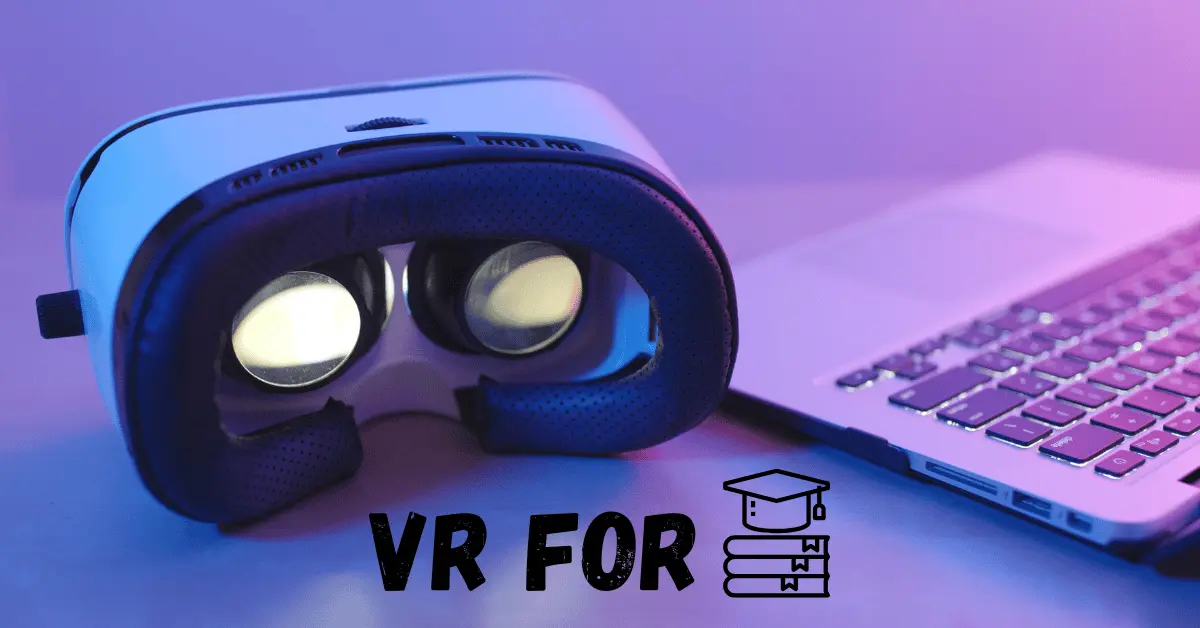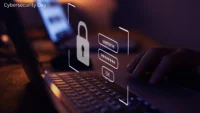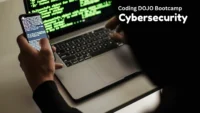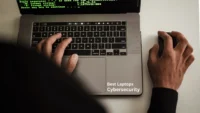The Future of Learning | Top VR for Education
Published: 16 Mar 2025

Virtual Reality transforms education by making learning interactive and fun. Students can explore different places, events, and objects as if they were there.
This hands-on approach helps them understand complex subjects better and retain information longer.
VR can be used for various subjects, from science to art, encouraging creativity and critical thinking.
Overall, VR is a powerful tool that enhances learning experiences and helps students develop essential skills for the future.
Top VR Apps for Different Subjects
Science
- Titans of Space: This app lets you travel through our solar system. You can learn about different planets and stars up close. It’s like being an astronaut!
- Anatomy: Explore the human body in detail and learn about different organs and systems. It’s like having X-ray vision!
Math
- Number Hunt: This game helps you practice numbers and counting. It’s a fun way to get better at math.
- Medieval Math VR: Solve math problems in an incredible, medieval world. It’s like going on a math adventure!
History
- TimeLooper: Travel back in time to see important events. Learn about history by being there!
- Unimersiv: Explore ancient civilisations and historical events. It’s like being a time traveller!
Languages
- Mondly VR: Learn new languages in a fun way. Practice real-life conversations in different scenarios.
- ImmerseMe: Practice speaking and listening in various languages. Get immersed in everyday situations.
Art
- Sketchbox: Create 3D art in a virtual space. Let your creativity flow!
- Tilt Brush: Paint in 3D space. Make amazing art with your virtual brush.
These VR apps make learning fun and interactive. They bring subjects to life and help you understand them better. Enjoy exploring these fantastic apps! Let’s move on to the schools or institutions that are using VR.
Schools or Institutions using VR
Some examples are schools or institutions that have successfully integrated VR into their curriculum.
- American International School of Guangzhou, China
- GEMS Dubai American Academy, UAE
- Prague British International School, Czech Republic
- Dulwich College Beijing, China
- St Mark’s Anglican Community School, Australia
- Bader Intermediate School, New Zealand
- Katherine Warington School, England
- Montgomery Public Schools, Alabama, USA
- Dubai British School Jumeirah Park, UAE
These schools use VR to open up new learning opportunities. Students have benefited from immersive experiences that make learning more engaging and effective.
Challenges and Solutions of Using VR in Education
Cost:
- VR equipment can be expensive, making it difficult for schools with limited budgets to afford it.
- Schools can start with a few VR sets and gradually expand.
- They can also seek grants or partnerships with tech companies to reduce costs.
Technical Issues:
- Setting up and maintaining VR equipment can be challenging, and technical issues may disrupt lessons.
- Training staff on how to use and troubleshoot VR equipment is essential.
- Having a dedicated IT support team can also help.
Accessibility:
- Not all students, especially those in underprivileged areas, may have access to VR technology.
- Schools can create VR labs where students can share the equipment.
- They can also partner with organisations to provide access to VR technology.
Teacher Training:
- Teachers may lack the skills or confidence to use VR in their lessons.
- Comprehensive training and ongoing support can help them feel more comfortable integrating VR into their curriculum.
Content Availability:
- Limited educational VR content may be available for certain subjects or grades.
- Teachers can collaborate to create custom VR content and creatively adapt existing VR resources to fit their lessons.
Health Concerns:
- Prolonged use of VR can cause eye strain, motion sickness, or other health issues.
- Setting time limits for VR use and ensuring regular breaks can help mitigate these issues.
- Providing ergonomic equipment can also improve comfort.
Distraction:
- Students might get distracted by VR’s immersive nature and lose focus on the lesson.
- Teachers can set clear guidelines and objectives for VR activities.
- Keeping lessons structured and goal-oriented can help maintain focus.
Equity:
- There might be disparities in students’ access to VR technology.
- Schools can implement policies to ensure equitable access.
- This can include rotating VR equipment among students and providing additional support for those who need it.
Benefits of Using VR in Education
Engagement:
- Virtual Reality (VR) makes learning exciting and interactive.
- It captures students’ attention and keeps them interested in the subject.
Immersive Learning:
- Students can experience subjects in a 3D space.
- For example, they can explore historical sites, dive into the ocean, or walk through a rainforest.
- This makes learning more meaningful.
Understanding Complex Concepts:
- VR helps one to visualise complex ideas.
- In subjects like science and math, students can see abstract concepts in action, making them easier to understand.
Safe Environment:
- VR provides a safe space to practice skills.
- For example, medical students can perform virtual surgeries without any risk.
Accessibility:
- Students from different backgrounds can access the same quality of education.
- VR can bring experiences to students who might not have the opportunity otherwise.
Creativity:
- VR encourages creativity. Students can create art, build virtual worlds, and experiment with new ideas.
Collaboration:
- VR allows students to work together in a virtual space.
- They can collaborate on projects and solve problems as a team.
Personalised Learning:
- VR can be tailored to individual learning styles.
- Students can learn at their own pace and in a way that suits them best.
Using VR in education makes learning more engaging, effective, and fun. It opens up new possibilities for both students and teachers.
Conclusion
Virtual Reality is revolutionising education. It makes learning more engaging, interactive, and fun.
VR offers endless possibilities, from personalised learning experiences through AI to virtual field trips. With proper planning and support, schools can overcome challenges like cost and technical issues.
Experts and students alike have shared positive feedback, highlighting VR’s benefits in making education more effective and inclusive. Schools can ensure a positive and safe VR experience for all students by addressing safety and health considerations.
The future of VR in education looks promising, with new advancements making it more accessible and innovative. Embracing VR technology will open new horizons for students and teachers, creating a more immersive and compelling learning environment.
FAQs
Schools can start small with affordable VR kits and seek funding through grants, partnerships, or community support.
Training teachers and having dedicated IT support ensures quick troubleshooting and smooth classroom experiences.
Comprehensive training programs and ongoing professional development help teachers confidently integrate VR into lessons.
Yes, VR allows for personalized learning experiences, adapting content to suit visual, auditory, or kinesthetic learners.
Age-appropriate VR content and clear usage guidelines ensure safe and effective learning for younger students.
Setting clear objectives and keeping VR activities structured help students stay focused and engaged.
Creating shared VR labs and rotating equipment ensures every student can benefit from the technology.
Science, history, and art thrive in VR as the technology brings abstract concepts and historical events to life.
Regular breaks, time limits, and ergonomic designs ensure safe and comfortable VR sessions.
VR enables teamwork in virtual spaces, allowing students to solve problems and create projects together.

- Be Respectful
- Stay Relevant
- Stay Positive
- True Feedback
- Encourage Discussion
- Avoid Spamming
- No Fake News
- Don't Copy-Paste
- No Personal Attacks

- Be Respectful
- Stay Relevant
- Stay Positive
- True Feedback
- Encourage Discussion
- Avoid Spamming
- No Fake News
- Don't Copy-Paste
- No Personal Attacks





